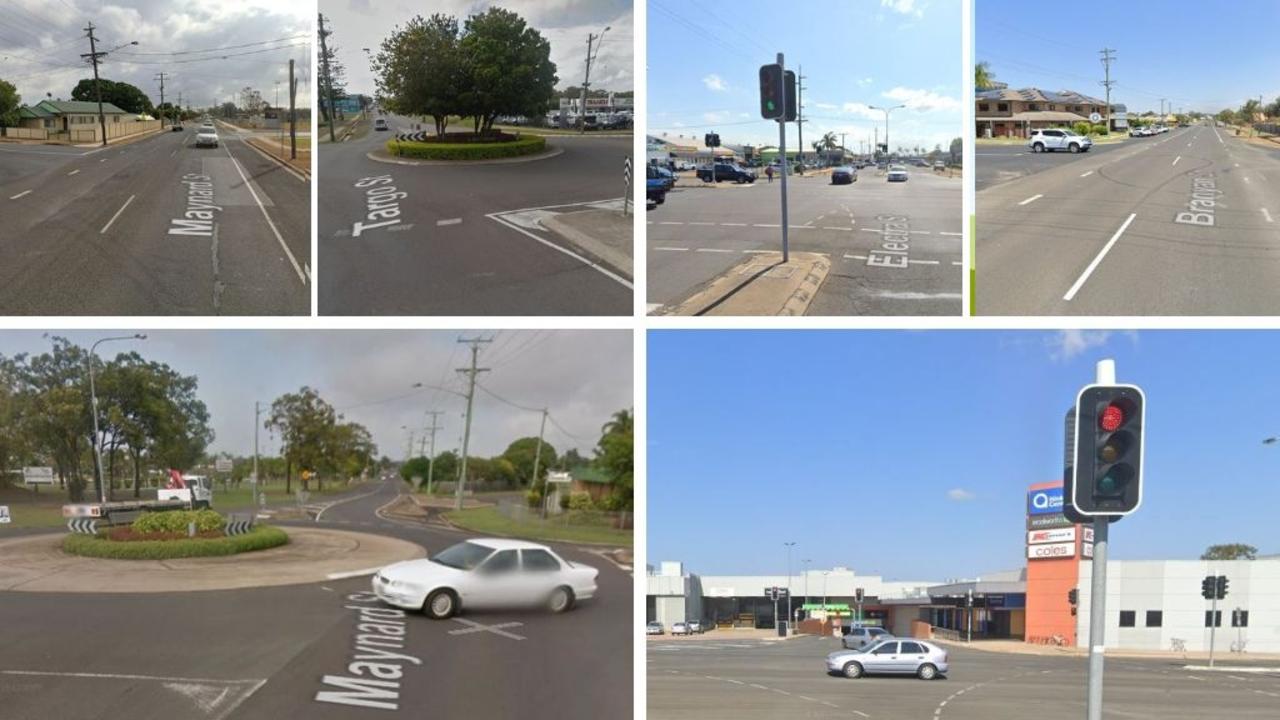Wide Bay Burnett farmers face grim summer
From graziers in the Burnett to agribusiness operators in Bundaberg, farmers have revealed the trifecta of tough conditions they’re up against on the cusp of summer and the tough choices they’re having to make.
Community News
Don't miss out on the headlines from Community News. Followed categories will be added to My News.
Farmers across the Wide Bay and Burnett are preparing for some of the driest and toughest conditions they have faced in years as dropping cattle prices and recent natural disasters add further pressure and we head into summer.
According to the September update from the federal Agriculture and Fisheries Department, national cattle prices are expected to fall a further 15 per cent in the coming financial year, a major cut to an industry that supplies more than $6 billion worth of value to the Queensland agricultural sector alone.
Drier conditions across the country are contributing to dropping cattle prices as farmers rush to lighten mobs while feed is still growing.
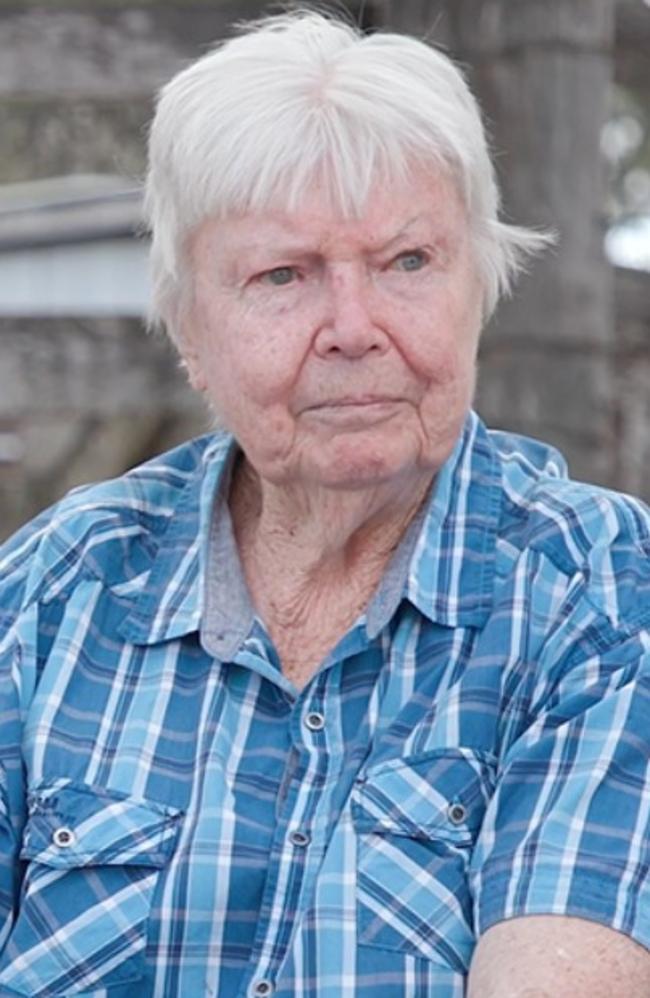
“The average saleyard price of cattle is forecast to fall to 560 cents per kilogram in 2023–24, 15 per cent lower than the average of 662 cents per kilogram in 2022–23,” an Agriculture Department statement read.
“The expected onset of both El Niño conditions in the second half of 2023, and a positive Indian Ocean Dipole event from August are expected to generate drier seasonal conditions across Australia.”
Even the country’s largest cattle companies are not immune to the price drop, with the Australian Cattle Company posting a $105.5 million statutory loss to shareholders in its half-yearly update.
The fallout of this shift can already be seen across the Wide Bay Burnett, including in the paddock of 84-year-old Biggenden local Betty Johnson, who recently shared her struggles with not-for-profit Rural Aid.
“If you look at my paddock there’s not a green speck anywhere. We have had no rain here since about January, which means that I’ve been feeding stock for ages,” she said.
“And if you’re feeding stock, it costs money … and you have to find the money from somewhere.”
Ms Johnson’s association with Rural Aid speaks to the whiplash conditions the country has imposed on farmers, when in 2022 she first reached out following intense flooding in the North Burnett.
Ms Johnson isn’t the only farmer in the region struggling amid the current conditions.
Muirhead Family Proteins owners and operators Emma and Joel Muirhead have commented on the daily tough choices the family has to make to keep things running, and their heads above water.
“This year has seen a trifecta of events, price squeeze, nutrient deficient pasture and widespread late break,” they said.
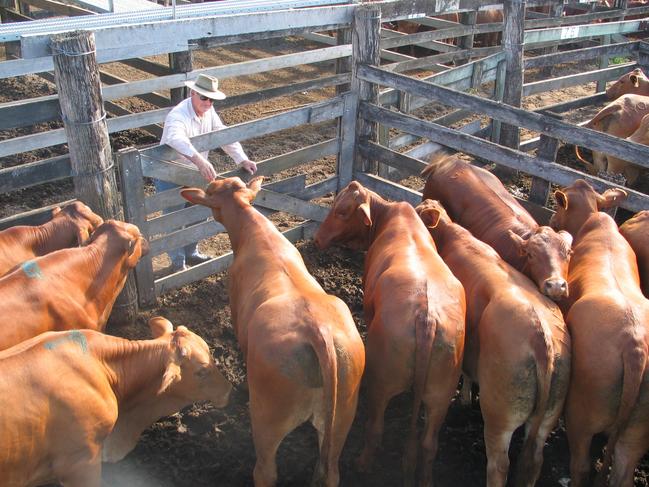
Photo Erica Murree / Central & North Burnett Times
“This has meant that we as grazier/farmers, have had to be right on point with our grass budgeting and be easy on ourselves to remember that we are making choices daily based on the information and data we have in front of us.
“Knowing what your limits are, grass and budget wise and accepting that in an industry of averages we are in a low average year for it all, except our bank balances.”
They commented on the need and desire to maintain opening communication with friends, neighbours, business partners and the banks as tough times hit everyone across the region.
“Judgement has no place in our industry especially in this environment, everyone is doing the best they can with the information they have,” they said.
Like many in the industry, they are hoping predicted storms will bring some relief.
As farmers hope for better conditions and prepare for the worst, Burnett councillors have put plans into place to keep their constituents’ heads above water.
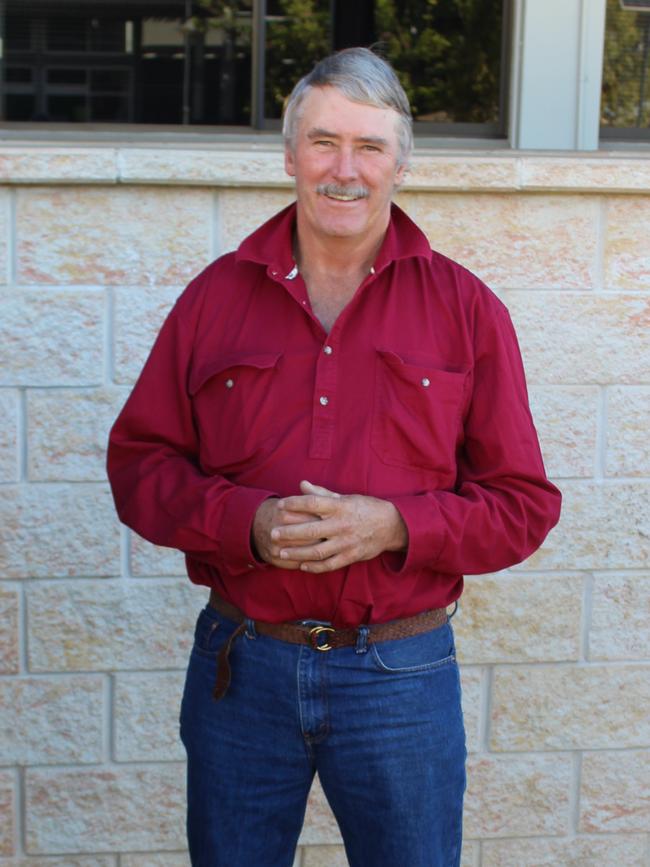
South Burnett councillor Scott Henschen spoke on the conditions facing locals, and how he as a primary producer could relate to the struggles of the region.
He said the recent bushfires had only added extra pressure to farmers, with ongoing dry conditions meaning land with little moisture content could not bounce back from bushfires as it had in recent years.
“It’s bad enough to have a drought where you’re seriously lacking in feed and water and then you have to watch the lightning strike, you lose everything,” he said.
“There’s nothing left after a fire, in a reasonable season cattle will forage around after a fire … but to get fires where there's absolutely nothing in the ash, there’s no subsoil moisture, there’s nothing in the ground.”
Mr Henschen spoke on the long time effect of such conditions, and the financial pressure it put on a community, with stock sales being cancelled across the region.
“It’s a proven fact that every dollar that is spent in a local community can go around seven times within the local community,” he said.
“Some people think farmers just want a hand out all the time, that’s not it, whatever the farmer makes he spends the majority of it in his local community.”
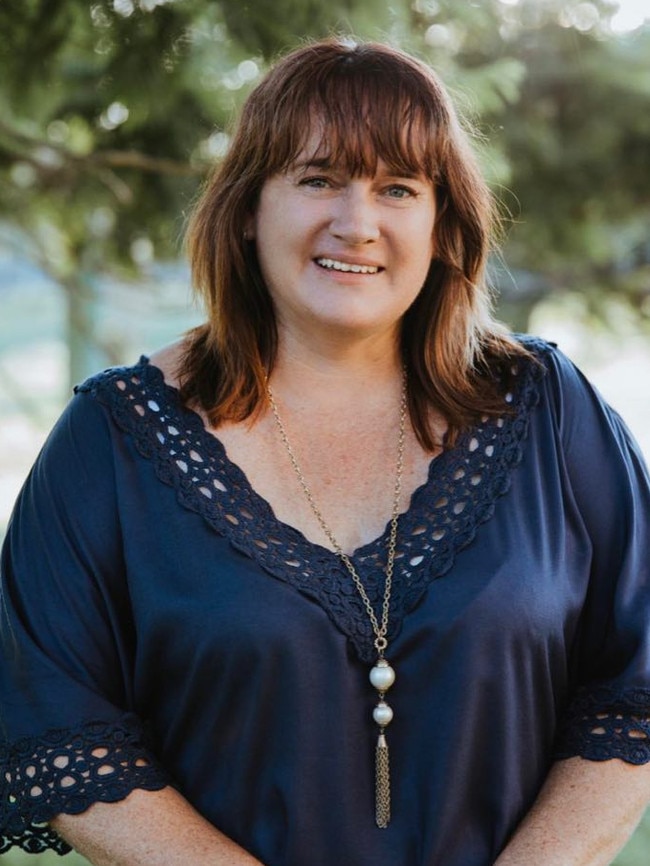
In an effort to keep the community going, Mr Henschen partnered with local councillor Kathy Duff and BIEDO (Burnett Inland Economic Development Organisation) to provide financial relief for locals, and called on anyone with a spare dollar to donate.
North Burnett councillor and chair of the North Burnett Disaster Management Group, Melinda Jones, has also serves with the relief program as the North Burnett Council assesses the need for a similar program in the region.
“We’re mindful of the land which got burnt, which was just under 40,000ha of agricultural land,” she said.
“A lot of those landholders were already putting in place management plans around destocking and then they got hit with fires and a lot of them are now having to make really, really tough decisions a lot earlier than they had put in place.
“It’s not looking good for our region.”




